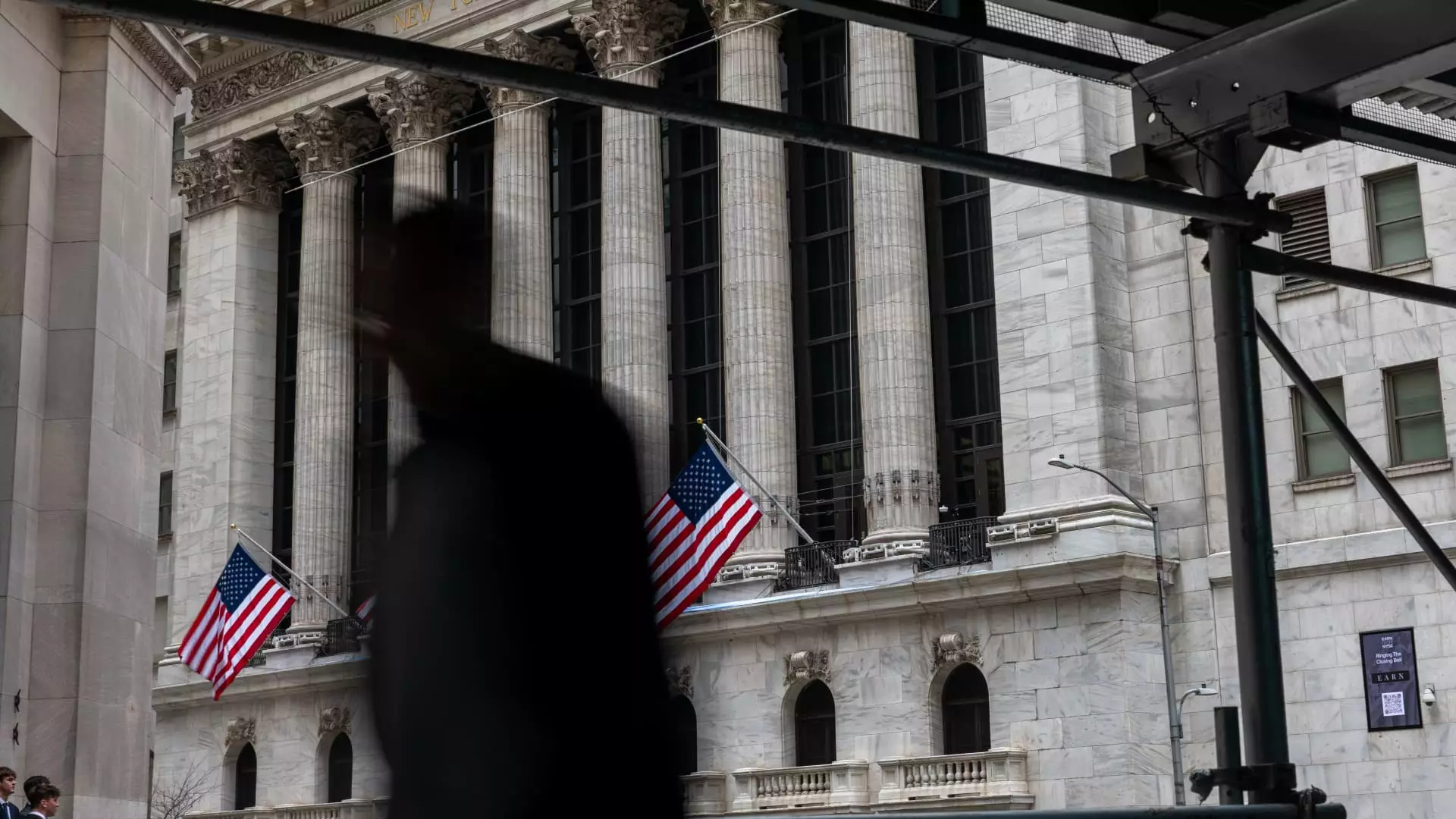The ongoing trade tensions between the United States and China are reaching a critical juncture, characterized by escalating tariffs and retaliatory measures that threaten to destabilize the global economy. Evercore ISI has highlighted a particularly brazen move by China to respond to U.S. tariffs with a new 34% levy on American goods, effective April 10. This retaliatory tariff is not merely a financial maneuver; it is a strategic declaration of war on the U.S. equity market intended to sow discord and anxiety amongst American investors. The timing of Beijing’s announcement is no coincidence. With the U.S. market’s closure that day during the Chinese holiday, the market reaction would be muted—a tactic designed to inflict maximum pain while minimizing immediate backlash.
Understanding the Implications of China’s Strategy
Neo Wang, Evercore’s China strategist, has articulated the often opaque motivations behind China’s actions. By striking preemptively with tariffs, the Chinese government is not just reacting; it is making a calculated move in the high-stakes game of economic poker. This approach serves multiple purposes: it sends a clear signal of defiance against U.S. policies while simultaneously aiming to destabilize the American stock market. Such tactics come at a significant risk for China itself, as the economy is considerably reliant on U.S. technology imports. Thus, the question arises: what does Beijing stand to gain from such aggressive posturing when it could equally harm its domestic economy?
The recent losses in U.S. stock indices—where the Dow plunged more than 1,400 points, reflecting a downturn of over 3.5%—underscore the urgency of the situation. This not only indicates panic among investors but raises alarms about the viability of American firms navigating a landscape marked by tariffs that push their operational costs above sustainable levels. A bear market territory for the Nasdaq, down over 20% from last December, is troubling and serves as a wake-up call to policymakers.
Negotiation or Escalation? The Future of U.S.-China Trade Talks
There is also the concern that these drastic measures from China may complicate future negotiations. While it is conceivable that Beijing believes it can leverage the situation to extract better terms in trade talks, the stakes are exceedingly high. If negotiations fail and tensions escalate further, the ramifications could be disastrous, exacerbating an already precarious economic climate on both sides. Wang’s commentary suggests a thought-provoking dichotomy: while signaling toughness could nudge Trump towards the bargaining table, it could equally backfire, leading to a breakdown of dialogue and further hostilities.
This precarious balancing act raises questions about the level of strategic insight within the Chinese leadership. Responding to tariffs with an equivalent or greater response may seem like a display of strength, but it could ultimately lead to a catastrophic miscalculation, jeopardizing not just trade relations but global economic stability.
The American Market’s Vulnerability
The broader implications for the U.S. economy cannot be overlooked. A significant slowdown of the stock market not only affects investor confidence but also has ripple effects across employment, consumer spending, and broader economic growth. The challenge for American firms is not just surviving the immediate fallout but adapting to a new reality where tariffs and trade policies can shift unpredictively overnight.
The United States must now grapple with the reality that it is in a position where its economic policies prompt not just logistical but aggressive counters from global competitors. Markets thrive on stability and predictability—qualities that are sorely lacking in the current climate. As firms brace for the next wave in this tit-for-tat, investor sentiment could plummet even further, exacerbating a downward spiral that could extend beyond tariffs and tariffs alone.
In essence, as both nations further entrench themselves in their respective corners, questions about the future of U.S.-China relations loom larger than ever. A return to diplomacy may well depend on which country can effectively manage to navigate this treacherous landscape—something that, at present, appears as uncertain as ever.

